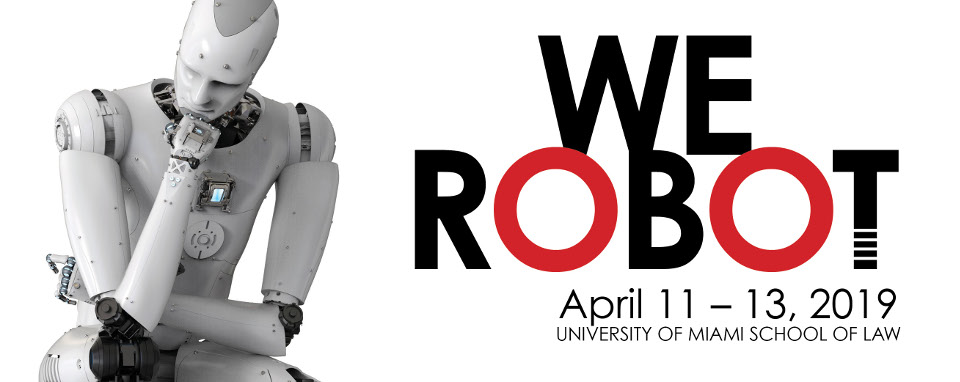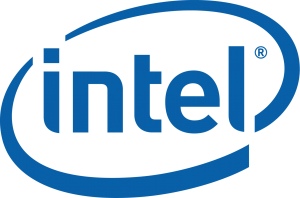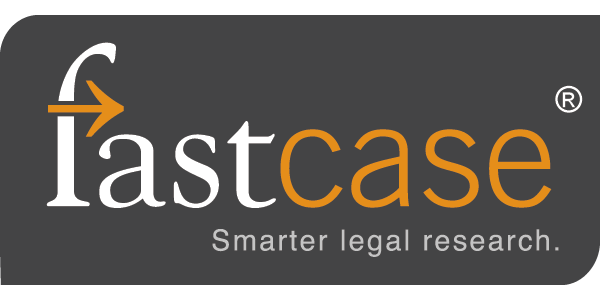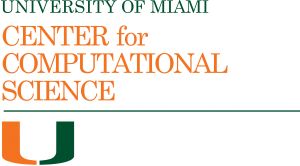Program Changes
Please note we now have two program changes:
- Friday and Saturday’s panels have exchanged slots: “Robot/Human Handoffs” is now on Friday; “AI & Authorship” is now on Saturday.
- “Toward a Comprehensive View of the Influence of Artificial Intelligence on International Affairs by Jesse Woo” (Discussant: Heather Roff) will be at 10:15 on Friday; “The Institutional Life of Algorithmic Risk Assessment” by Alicia Solow-Niederman (Discussant: Kristian Lum) will be at 4:45 on Friday
Our Program Page has been revised to reflect these changes.
Livestream We Robot 2019
If you can’t make it to Coral Gables, you can still follow the main conference, April 12-13, via our Livestream. (Apologies, but we are not streaming the Workshops.) Join the conversation on Twitter at hashtag #WeRobot.
We Robot Starts Today — Here’s Who to Thank
Today marks the start of the We Robot Workshops — a program designed to help create a common language among the very interdisciplinary groups that make up our unique community. Tomorrow and Saturday we embark on an intellectual feast as we encounter the terrific papers.
A lot of people worked hard to organize this event, and they deserve our thanks as do the presenters. But there’s another group without which this event could not take place: our sponsors.
If you are attending #WeRobot, please take every chance you can to thank the people whose support makes it possible; if you’re not attending, here’s a great reason to think well of them:

Microsoft

Ethics and Governance of AI Initiative

Google X
University of Miami School of Law
Intel
Fastcase
\
University of Washington Tech Policy Lab
Standford Law School Program In Law, Science & Technology
University of Miami Center for Computational Science

Yale Law School Information Society Project
…and a generous donor who wishes to remain anonymous.
Why the Moral Machine is a Monster

Abby Everett Jaques
Jason Millar will lead a discussion of Abby Everett Jaques‘s Why the Moral Machine is a Monster on Saturday, April 13, at 2:30 p.m. at #werobot 2019.
The Moral Machine project, built by the MIT Media Lab’s Scalable Cooperation Group, is a game-like platform that presents users with a choice between two outcomes in a scenario in which a self-driving car is going to crash. Users must decide if the car should continue on its path or swerve to change course, where doing one or the other will affect how many people are killed; whether pedestrians or passengers are protected; whether people of different ages or social positions are favored; etc. The idea is that gathering data about people’s choices can inform the programming of autonomous vehicles, turning them into, as it says on the tin, moral machines.
In essence, then, the Moral Machine project seeks to crowdsource guidelines for the programming of autonomous vehicles, by using a version of a classic philosophical thought experiment: the tr

Jason Millar
olley problem. The interface is fun, the topic is current, and the platform has gone viral, receiving millions of responses and enormous amounts of press. Unfortunately, the results of the experiment, recently published in Nature, turn out to be morally monstrous.
This paper explains how and why the Moral Machine goes astray. It collects several apparently disparate kinds of worries and shows how they flow from a few basic methodological errors. Both explicitly and implicitly, the paper argues, the Moral Machine asks the wrong questions, framing the ethical choices in terms that ensure respondents will fail to make good decisions.
We Robot Approved for Florida CLE
We’ve been approved for 23 general credits of CLE and 6.5 Technology credits. We’re also approved for 23 business litigation credits and 11 IP Law credits.
Florida Bar members can report their CLE credits online at www.floridabar.org — Quote course number 1902084N.
Taking Futures Seriously: Forecasting as Method in Robotics Law and Policy

Stephanie Ballard
Jennifer Rhee will lead a discussion of Stephanie Ballard and Ryan Calo‘s Taking Futures Seriously: Forecasting as Method in Robotics Law and Policy on Saturday, April 13, at 9:30 a.m. at #werobot 2019.
A central challenge in setting law and policy around emerging technology is predicting how technology will evolve. In failing to consider the future of technology, we are often left with laws and policies that fall short of our technological reality. The 99th United States Congress had no experience with the commercial internet, leaving it ill-equipped to envision the future of communications technology or to understand how widespread access to citizen information would need to be regulated. Indeed the laws Congress passed in 1986, which still govern electronic communications to this day, made assumptions about the nature of remote computing that have not obtained for decades.

Ryan Calo

Jennifer Rhee
The thesis of this paper, co-authored by an information scientist and a legal scholar, is that robotics law and policy as a field would benefit from exposure to rigorous methods of forecasting. The first section introduces the reader to the field of future studies through an efficient review of the extensive literature. The second section isolates three specific methods—scenario planning, future wheels, and design fiction—and applies them to the case study of robotic delivery.
We selected robotic delivery as a case study because of its many potential configurations (e.g., drone or land-based robots) and its still-unfolding legal context. In the final section, we consider the role that futures methods could and should play in the drafting of contemporary tech policy. We are mindful, of course, that making predictions is difficult and fraught. Literal “future-proofing” is a fool’s errand. Nevertheless, a systematic approach to the exercise of envisioning has the potential to significantly improve policymaking across robotics and other domains.
Using The Robot Koseki – Using Japanese Family Law as a Model for Regulating Robots

Colin P. Jones
Hideyuki Matsumi will lead a discussion of Colin P. Jones‘s Using The Robot Koseki – Using Japanese Family Law as a Model for Regulating Robots on Saturday, April 13, at 1:00 p.m. at #werobot 2019.
This paper seeks to address the definitional problem of robot law – “what is a robot.” It posits that a fundamental goal of practical robot law should be to provide such a definition, even if it is an arbitrary one. It further proposes a registration system as the means of doing so. The criteria to be required for registration would offer a useful means of establishing the technical, informational and other parameters for a “desirable” robot. The creation of a “robot/not-robot” dichotomy, together with the defined attributes required for registration would facilitate the establishment of further public and private regulatory systems based on registration status. The registration system would likely be a combination of hard and soft law, as well as technical specifications.
In proposing such a system, the looks to family law as a useful metaphor for addressing some of the problems commonly discussed in connection with robot law, such as who is responsible for harms caused by autonomous robots.

Hideyuki Matsumi
The author, however, looks not to Western family law, which is based primarily on the assertion of rights between family members, but a feature of Japanese family law: the koseki system of family registration. The kosei system confirms both Japanese nationality and the creation and existence of legally-recognized familial relationships that are potentially of legalrelevance to third parties. Historically the koseki has functioned as a foundation for other public and private regulation based on the registratered attributes of the family and its members. An overview of the koseki system is given to offer examples of how a Robot Koseki could be a powerful tool for developing practical rules for the regulation of autonomous robots.
Jack of All Trades, Master of None: Is Copyright Protection Justified for Robotic Faux-Originality?

Sarit Mizrahi
Kate Darling will lead a discussion of Sarit Mizrahi‘s Jack of All Trades, Master of None: Is Copyright Protection Justified for Robotic Faux-Originality? on Saturday, April 13, at 4:00 p.m. at #werobot 2019.
The twenty-first century is credited with machines that can generate anything from poems to novels, as well as musical compositions and works of art – all with a certain level of proficiency that would have any human doubting that it was created by a machine. This reality has led several scholars to posit that machine-generated content ought to be entitled to copyright protection because it ostensibly satisfies copyright’s low originality threshold. Very few, however, have seriously contemplated whether these imitations of authorship are the types of works that copyright even ought to promote.

Kate Darling
While not denying that machine-generated content might appear original, this article questions whether it would be justified for copyright to endorse this form of creativity. This is because originality is merely a single element necessary to extend protection to a given work, but it is not the purpose for creating and receiving copyright protection. The purpose of copyright is to promote the orderly exchange of ideas and encourage the pursuit of knowledge in an effort to advance social efficiency. Knowledge is created through intellectual labour and is exchanged through social dialogue, and it is this social dialogue that serves to further social efficiency.
This article demonstrates, however, that machine-generated content is inherently incapable of pursuing these goals that are so fundamental to copyright’s purpose. It begins by unearthing the social dialogue that sits at the core of authorship and elucidating why robots can neither participate in nor advance this discourse. This article then proceeds to expose the acute difference between robotic productions and rule-based creations by humans. It essentially demonstrates how the former is unable to advance – and even risks hindering – the social dialogue underlying copyright, while the latter is still capable of doing so, even though they are both employing seemingly random processes to create works. By illustrating how the denial of copyright protection for machine-generated content is unlikely to thwart advances in this arena, this article concludes by offering support for the inclusion of this content in the public domain.
Program Change
Please note a program change: Friday and Saturday’s panels have exchanged slots.
“Robot/Human Handoffs” is now on Friday; “AI & Authorship” is now on Saturday.
Our Program Page has been revised to reflect this change.






